The European Union has long been known as a collection of bad ideas. On brand, it has decided to become the creator of the world’s largest and most complicated carbon-pricing system. Setting aside the absurdity of going to war with life’s essential building block, the European Union’s Carbon Border Adjustment Mechanism promises to disrupt global supply chains, create significant trade problems, and inspire other nations – such as Australia – to join in.
Complex border taxes on carbon will severely interfere with the importation of aluminium, cement, non ‘organic’ fertilisers, energy, and iron/steel products into the European Union, with only ‘authorised...
Already a subscriber? Log in
Subscribe for just $2 a week
Try a month of The Spectator Australia absolutely free and without commitment. Not only that but – if you choose to continue – you’ll pay just $2 a week for your first year.
- Unlimited access to spectator.com.au and app
- The weekly edition on the Spectator Australia app
- Spectator podcasts and newsletters
- Full access to spectator.co.uk

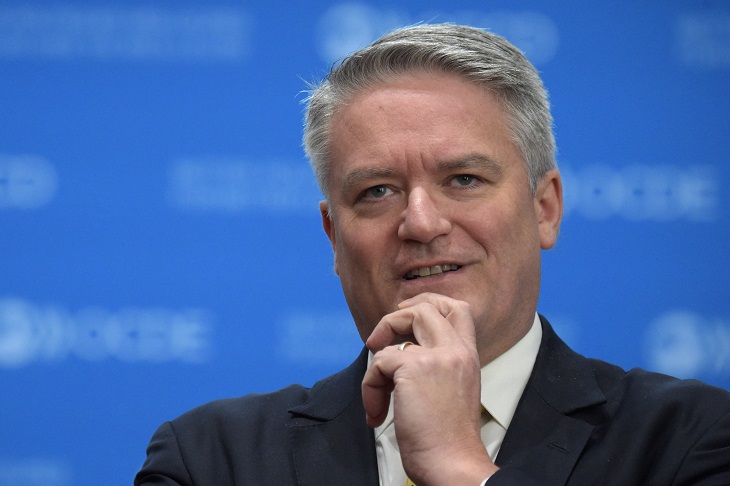
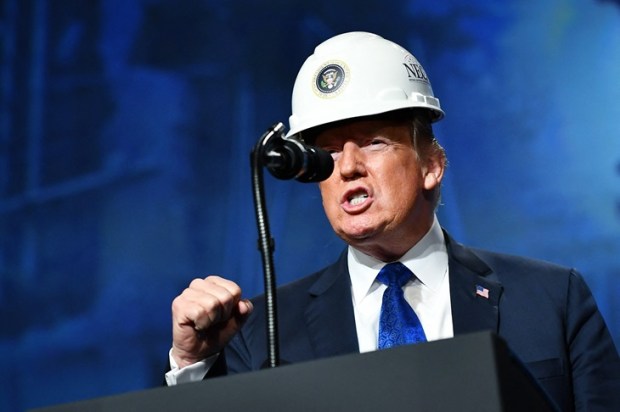
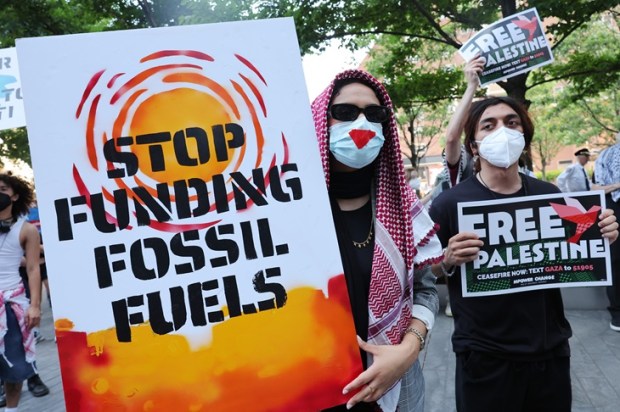

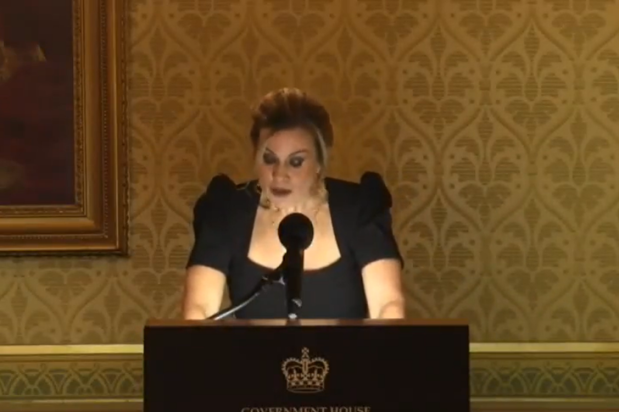

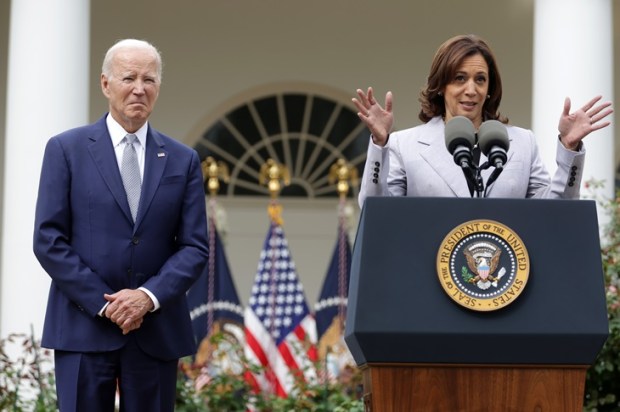


















Comments
Don't miss out
Join the conversation with other Spectator Australia readers. Subscribe to leave a comment.
SUBSCRIBEAlready a subscriber? Log in